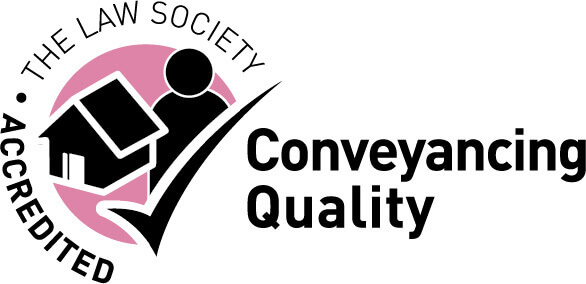COVID-19: COP finds vaccination to be in P’s best interests
by Practical Law Private Client
The Court of Protection (COP) found that an elderly person with dementia (P) lacked the mental capacity to decide whether to receive a vaccine for the COVID-19 virus and ruled that it was in P’s best interests to be vaccinated (E (Vaccine) [2021] EWCOP 7).
The Court of Protection (COP) heard an application for a declaration that it would be lawful and in the best interests of an elderly person with dementia (P) to receive a vaccine for the COVID-19 virus (COVID-19 vaccine). The application was required as P’s son objected to P being vaccinated.
Acknowledging the informality of a GP’s assessment of P’s capacity, the COP (Hayden J, Vice President of the COP) was satisfied nonetheless that it was sufficiently rigorous to comply with sections 2 and 3 of the Mental Capacity Act 2005 (MCA 2005) and held that P lacked the mental capacity to decide whether she should be vaccinated.
To determine whether it would be in P’s best interests to receive the COVID-19 vaccine, Hayden J considered P’s past and present wishes and feelings, the belief and values that would be likely to influence P’s decision, if P had capacity, and any other factors P would be likely to take into account if able to do so (section 4(6), MCA 2005). The judge also took into account the views of P’s son as to her best interests, as a person interested in P’s welfare (section 4(7), MCA 2005).
Noting that P had received influenza and swine flu vaccines before being diagnosed with dementia, the judge considered that P’s choice to be vaccinated in line with public health advice, when P had capacity, was relevant to his assessment of what P would choose in relation to receiving the COVID-19 vaccine. In addition, while P lacked the capacity to consent to being vaccinated, she had articulated a degree of trust in the views of the health professionals by saying that she wanted “whatever is best for me”. While not a capacious statement, Hayden J considered it important, particularly as it had been repeated. This was to respect P’s autonomy.
Balancing the view of P’s son that the speedy authorisation of the COVID-19 vaccines undermined their reliability and it was not the time for P to be vaccinated, against the real and significant risk to P’s health and safety if she were not vaccinated, the judge held that P’s characteristics compounded her vulnerability to the virus. Therefore, he had no hesitation in finding that it was in P’s best interests to receive the COVID-19 vaccine.
The decision is useful for the court’s approach to an issue that might arise again during the current pandemic.
Case: E (Vaccine) [2021] EWCOP 7 (20 January 2021) (Hayden J, Vice President of the COP).
If you wish to discuss any matters concerning wills, probate or trusts, please telephone 01743 248545 and ask to speak to one of the Team.





